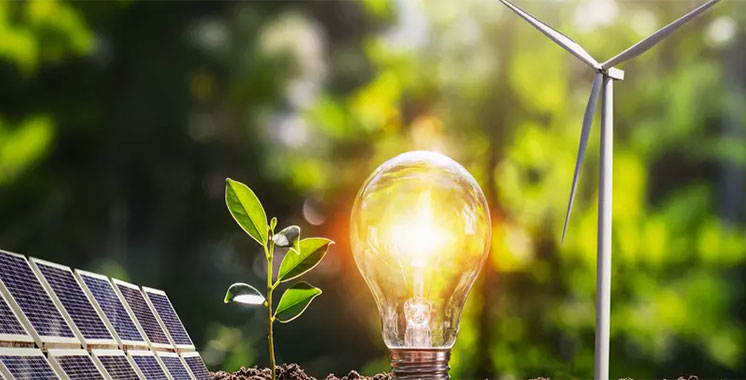Energy Transition towards a low-carbon economy has emerged as a paramount global imperative in the face of escalating climate change concerns and the imperative to mitigate its effects. While this shift is imperative for all nations, it unfolds uniquely for developing countries, presenting a complex interplay of challenges and opportunities.
Challenges:
1.Financing: Firstly, access to financing for clean energy infrastructure remains limited in many developing countries. This is due to both budgetary constraints and investors’ perception of high risks.
2.Aging Infrastructure: Additionally, many developing countries have and inefficient energy infrastructures. Consequently, transitioning to renewable energy sources becomes more costly and complex.
3. Dependency on Fossil Fuels: Furthermore, developing countries often heavily depend onaging fossil fuels for their energy supply. Thus, transitioning to clean energy sources becomes more challenging and requires significant structural changes.
Opportunities:
1. Abundance of Renewable Resources: On the other hand, many developing countries have abundant renewable energy resources such as sunlight, wind, and water. Consequently, this offers significant opportunities for the deployment of clean energy sources.
2. Emerging Technologies: Moreover, developing countries have a unique opportunity to bypass traditional development stages by directly embracing advanced energy technologies. For instance, the adoption of innovative solutions such as solar micro-grids and energy storage systems can revolutionize energy access.
3.Job Creation: Finally, transitioning to clean energy not only addresses environmental concerns but also presents a significant avenue for job creation, particularly in the renewable energy, energy efficiency, and waste management sectors.
In conclusion, the energy transition poses formidable challenges for developing countries, ranging from financial constraints to the complexities of transitioning from fossil fuels to renewable energy sources. However, amidst these challenges lie vast opportunities to foster sustainable development, enhance energy access, and mitigate climate change impacts.
